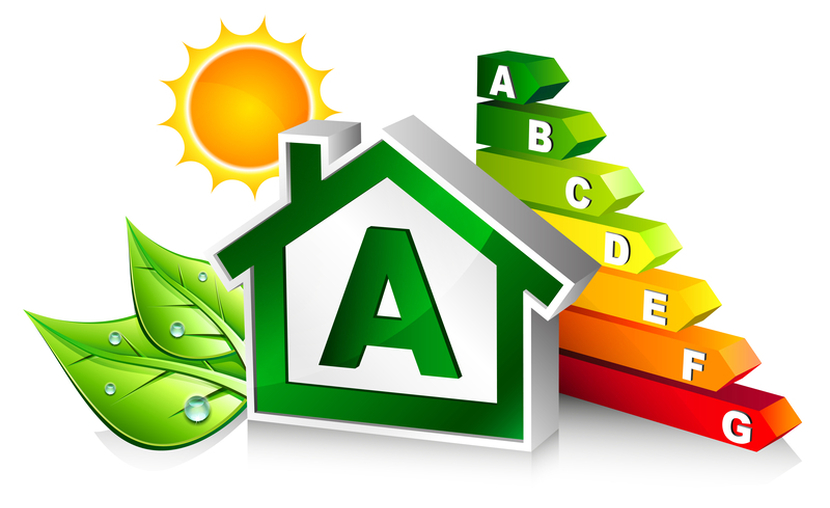The indication of the energy class is mandatory for every property listing for sale or rent, as issued by the EPC.
As part of the broader effort of the Ministry of Environment and Energy to cultivate "energy awareness", it is important to inform prospective property seekers about the energy class of the building, as energy consumption significantly affects operating costs and should be taken into account in the decision of renting or purchasing a property.
According to Law 4122/2013, issuing Energy Performance Certificate (EPC) is mandatory not only for selling or renting but also for advertising a property, since all listing descriptions are required to state the energy class of the property.
What is the energy class?
The classification of the building or building unit in energy class is done using relative energy consumption values.
The 9 energy rating categories (A+, A, B+, B, Γ, Δ, Ε, Ζ, Η) are determined by a range of values based on the estimated total primary energy consumption of the building compared to the reference building. The building under consideration is used as a "reference building", but with specifications and ideal technical characteristics, such as heating and cooling system, ventilation, lighting system and automations.

Levels A+, A, B+, B are mainly for buildings constructed from scratch with the new KENAK code (after 2012) with modern specifications, good thermal insulation, energy windows, modern systems of heating and hot water production. The next steps Γ, Δ, Ε are usually related to houses that have been built with the regulation of thermal insulation, i.e. after 1979. The last steps Ζ and H are the largest percentage of buildings and refer to old constructions that need some interventions.
In the future, the rating will be based on the estimated total primary energy consumption in kWh / m² and on the use and the climatic zone of the building.
About the Energy Performance Certificate
The energy class of a property is determined by the energy inspection, i.e. the evaluation of the energy efficiency and consumption of the building and is stated in the Energy Performance Certificate (EPC).
EPC is mandatory:
- after the completion of construction of a new building or building unit
- after the completion of a radical renovation of a building or building unit
- upon selling of a building or building unit, until the activation of the Building Identity
- during the lease of a building or building unit (long-term, short-term, subletting) to a new tenant, until the activation of the Building Identity
- for buildings with a total area of over 250 sqm., which are used by the public sector.
The following are excluded from EPC:
- places of worship, industrial facilities, handicrafts, professional workshops, warehouses, agricultural buildings
- individual buildings, with a total usable area of less than 50 sq. m.
- buildings whose duration of use does not exceed 2 years based on their design
- car parks, car washes, kiosks, open-air theaters, outdoor concert venues and other non-construction properties.
If you own a property, you can easily request offers for an EPC via the network of Spitogatos professionals.

Spitogatos team



